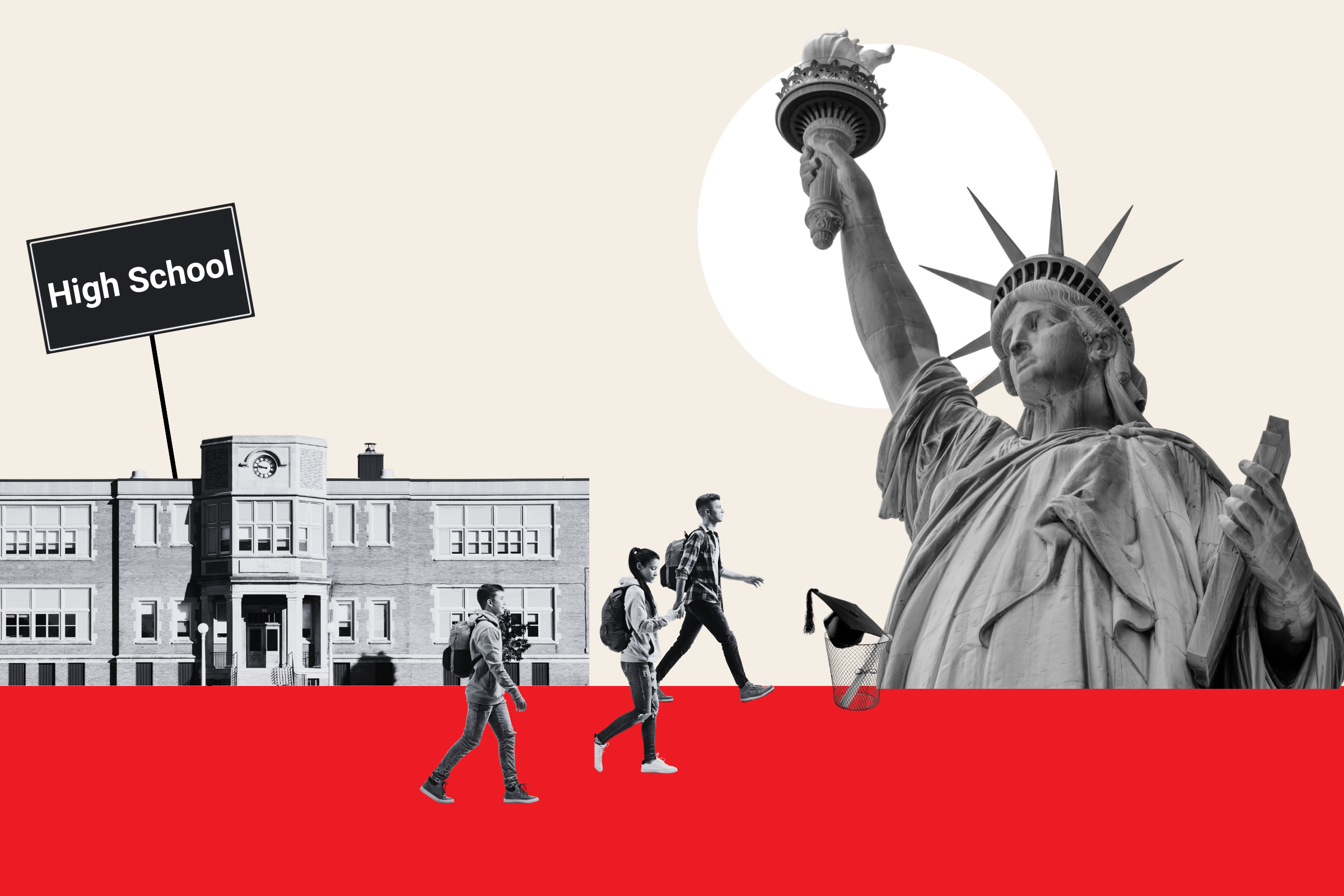The 2021 Nobel Prize in Physiology or Medicine has been awarded to David Julius and Ardem Patapoutian for their breakthrough research into how humans are able to experience the sensations of heat and pressure.
Below are five facts about the two scientists as well as their award-winning work.
Julius' research involved chile peppers
One major breakthrough from Julius' work was the discovery of the gene that was responsible for sensing capsaicin—the chemical present in chile peppers that gives them their heat.
Scientists already knew that capsaicin activated nerve cells—we can certainly tell when we've bitten into a chile. What they didn't know was how.
Julius and his team created a library of millions of bits of DNA, assuming that one of these bits would be responsible for reacting to capsaicin. After a long search they found it, and gave it the name TRPV1.
What's more, Julius found that TRPV1 also reacted to heat, and that this was "activated" whenever it experienced temperatures perceived as painful—somewhere around 43 C, or 109 F.
Patapoutian poked cells, revealed key to pressure sensing
While Julius was making revelations about how we sense heat, Patapoutian was busy figuring out how our nerves sense pressure. In other words, how do we know if someone pokes us in the back?
Patapoutian and his team figured out a cell line that produced an electrical signal when they prodded it with a tiny instrument called a micropipette. The next step was to find out which gene was responsible for producing this signal.
They gathered 72 likely candidates and, one by one, shut them off in a process of elimination. Eventually, they found that by deactivating one particular gene, cells became numb to the micropipette.
The team had discovered Piezo1, a previously unknown electrical channel that was sensitive to pressure. Further research identified Piezo2. Together, these channels are essential in how we experience touch.
Both researchers are based in California
Julius is professor and chair of the Department of Physiology at the University of California San Francisco. He was born, however, in Brighton Beach, Brooklyn, in 1955.
Patapoutian is a professor and investigator at the Department of Neuroscience in the Scripps Research nonprofit medical facility in San Diego, California. He was born in Lebanon in 1967 and emigrated to the U.S. in 1986, before studying at UCLA.
It's not the first time the two scientists have shared an award
Today, Julius and Patapoutian were awarded perhaps the most prestigious award in science. But neither are strangers to accolades.
Patapoutian has been awarded: the Alden W. Spencer Award from Columbia University in 2017; the Young Investigator Award from the Society of Neuroscience in 2006; and the Damon Runyon Scholar Award from 2003 to 2005.
Julius, meanwhile, has been awarded the Breakthrough Prize in Life Sciences in 2019, the Shaw Prize in 2010 and the Passano Award that same year.
Both men were jointly awarded the Kavli Award for Neuroscience in 2020 as well as the Rosenstiel Award for Distinguished Work in Basic Medical Research in 2019. This latter award was given for research into pain.
Twitter voted Patapoutian's mustache away!
In August this year, Patapoutian was faced with a tough personal choice—keep his mustache, or shave it off?
He settled on letting Twitter decide, and published a poll on August 14 with Twitter users able to vote on three options: Shave it now, give it two more weeks, or keep it.
160 votes later, the result was decisive with half of people voting: Shave it now!
What should happen to the mustache?
— Ardem Patapoutian (@ardemp) August 14, 2021

Uncommon Knowledge
Newsweek is committed to challenging conventional wisdom and finding connections in the search for common ground.
Newsweek is committed to challenging conventional wisdom and finding connections in the search for common ground.
About the writer
To read how Newsweek uses AI as a newsroom tool, Click here.





